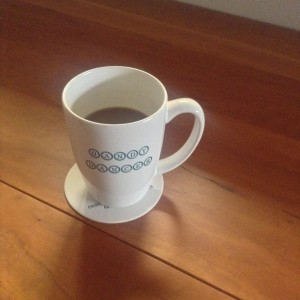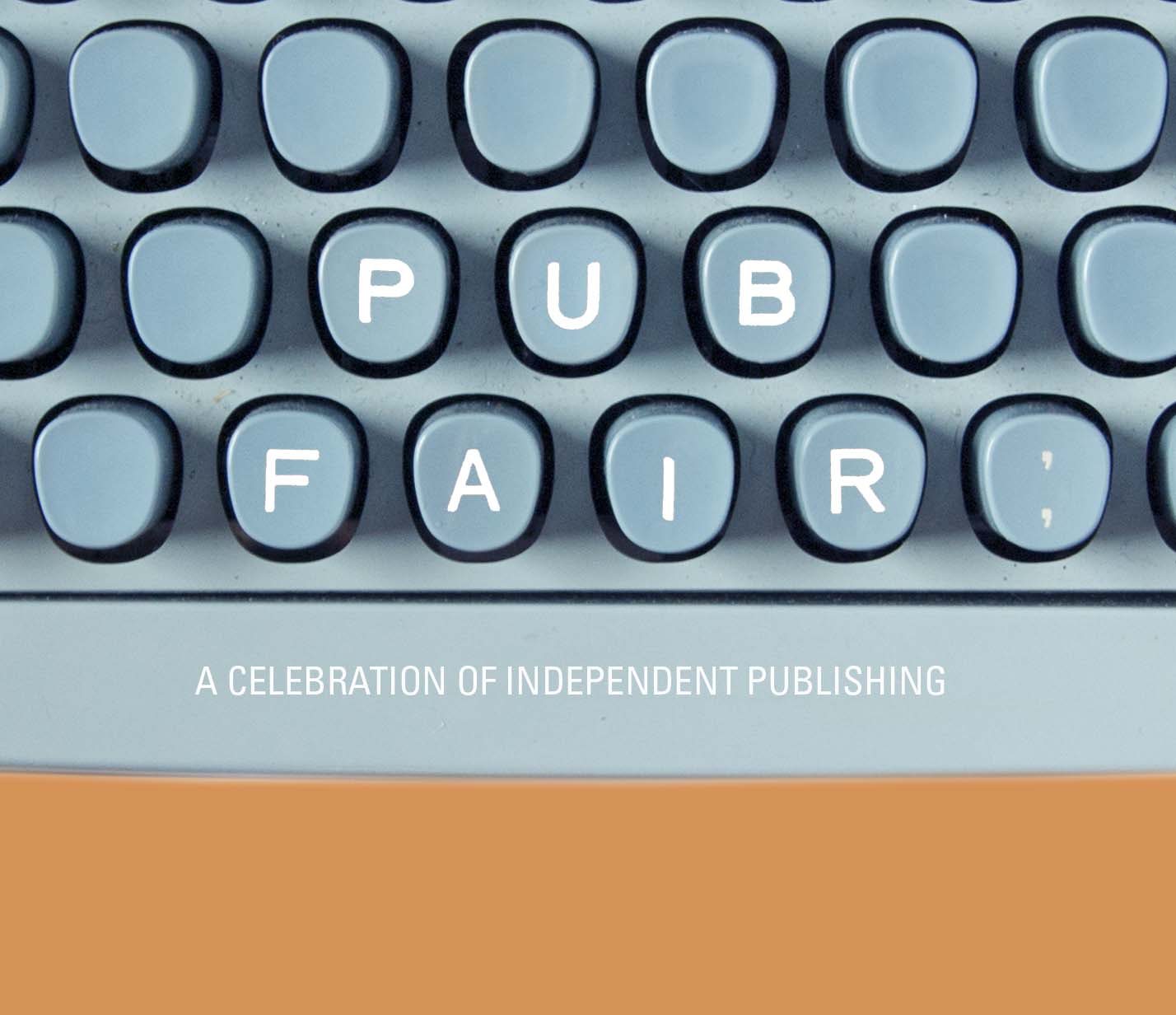I came across the Indie-Rock Folk band Fleet Foxes not too long ago. In 2011 the band released, Helplessness Blues, a song that I fell deeply in love with the first time it blasted from my TV speakers. It received critical acclaim and was considered one of the best songs of the year. The meaning behind its lyrics are still debated to this day. Some people believe that the song is about the American person’s need to become something greater; to find self-worth in the work that they do. Some believe that the song is about a man growing up and realizing that he is not as special and significant, in the grand scheme of things, as he once thought. And others believe that the song is about Capitalism and the dominance of the government on the average person’s life.
Despite what many think, it is obvious that the song is at its strongest at the very end. The rhythm slows and the bass deepens followed by the band members consistently singing: “If I had an orchard, I’d work till I’m sore.” I feel as if the orchard in this statement stands for many things. Like literature itself, interpretations are varied and numerous. I’d love to know what you lovely folks think of the song and its lyrics. What emotions are emitted in the sounds of the combined instruments? What do you see as you listen to the lyrics? What do you think “Orchard” means in the song? Or, better yet, what does it mean to you? Cheers.
The lyrics can be found here: http://rock.genius.com/Fleet-foxes-helplessness-blues-lyrics





